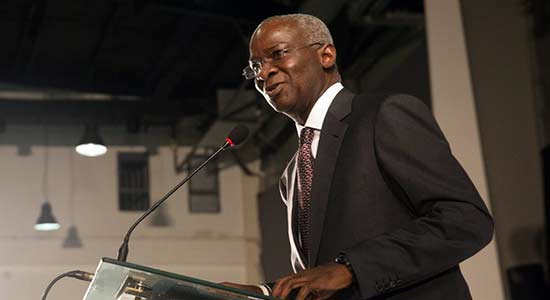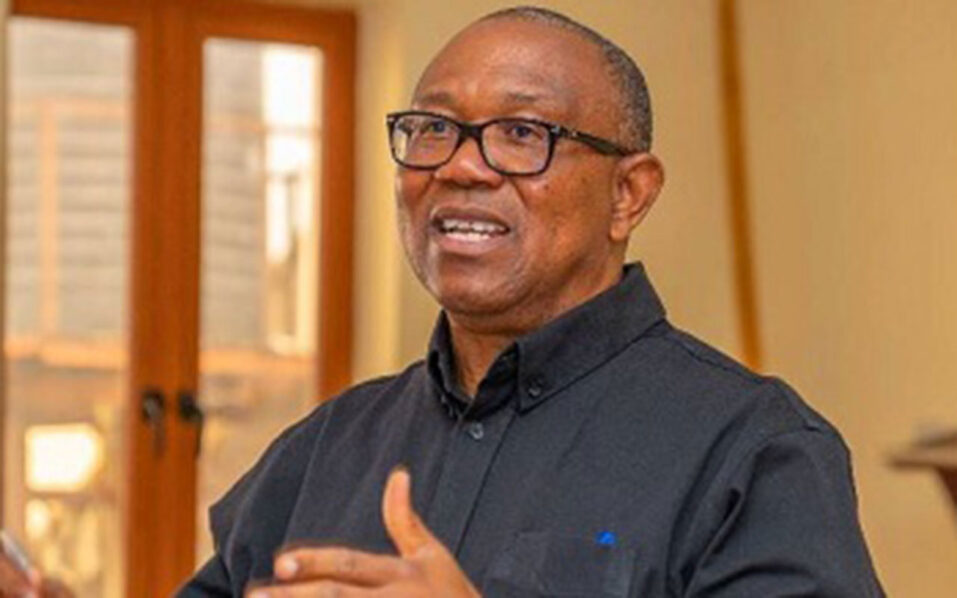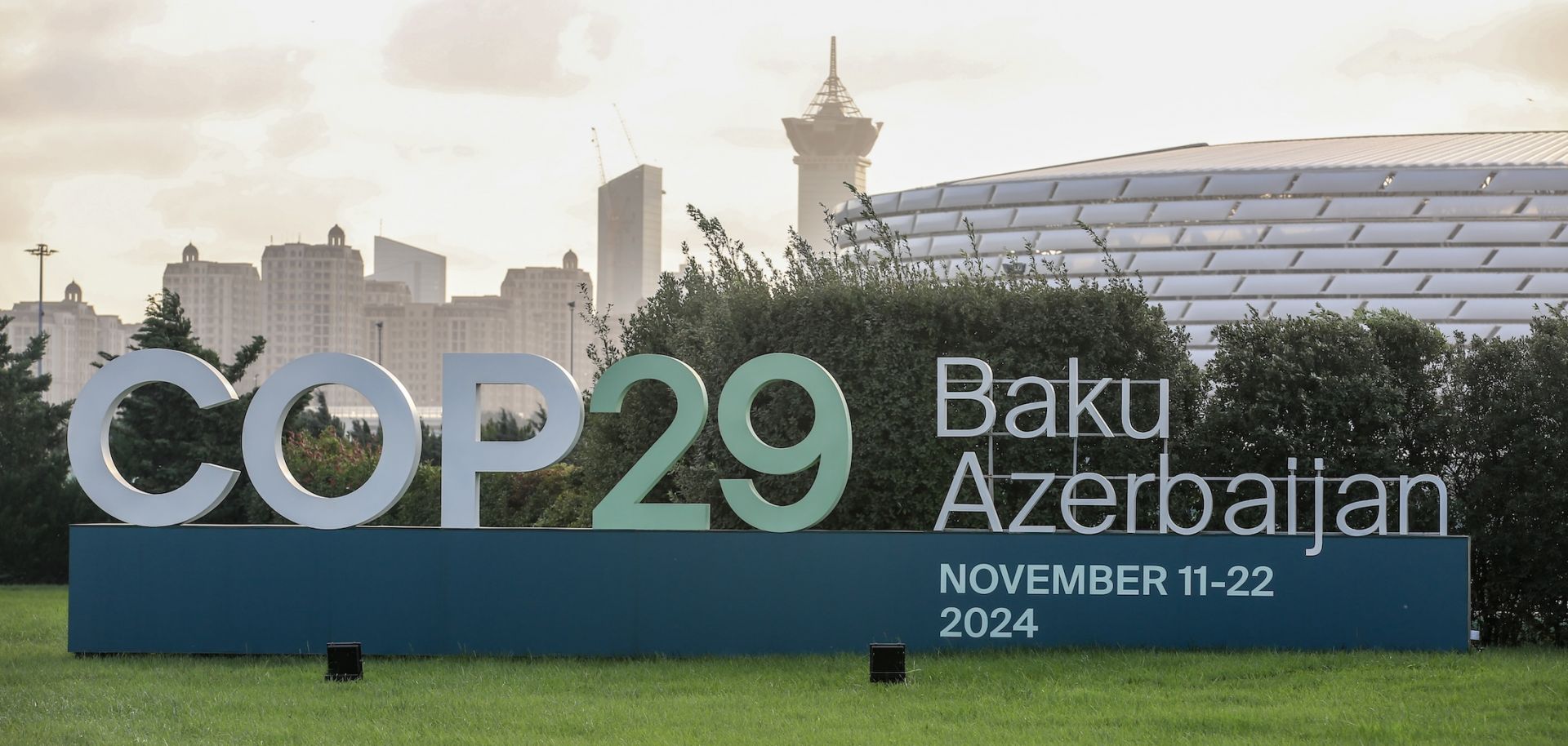By Ayomide Otitoju
Ahead of the 2024 UN Climate Change Conference (COP29) in Baku, the World Health Organization (WHO) has issued an urgent call for nations to end their reliance on fossil fuels and adopt people-centered approaches to climate adaptation and resilience.
In a newly released COP29 special report on climate and health, WHO underscores the need for integrated climate and health policies. The organization is pressing global leaders at COP29 to break down silos between climate action and health policy, asserting that a health-focused approach is vital for safeguarding lives and ensuring healthier, sustainable futures.
“The climate crisis is fundamentally a health crisis. Prioritizing health in climate action is not just a moral imperative but a strategic step toward a fairer, healthier world,” said Dr. Tedros Adhanom Ghebreyesus, WHO Director-General. “COP29 offers a crucial platform for global leaders to embed health considerations in climate adaptation and mitigation strategies. WHO is providing practical guidance and support for countries to achieve this.”
Health-Based Rationale for Climate Action
WHO’s COP29 special report, developed with input from over 100 organizations and 300 experts, highlights critical policy areas organized around three pillars: people, place, and planet. The report’s recommendations target protection for vulnerable populations, notably the 3.6 billion people residing in regions most exposed to climate-related risks.
WHO’s report emphasizes integrated governance as essential for effective climate action. Key recommendations include:
Prioritizing Health as a Benchmark for Climate Success: Making human health and well-being a primary measure of climate progress to foster people-centered adaptation and resilience.
Ending Fossil Fuel Dependency: Eliminating fossil fuel subsidies and shifting financial systems to support clean energy, reducing pollution-related health issues, and lowering carbon emissions.
Financing Climate-Health Initiatives: Boosting investments in responsive health systems and health workforce capacity to create climate-resilient, health-oriented infrastructures.
Investing in Proven Interventions: Just five actions, such as heat-health warning systems and clean household energy, could save nearly 2 million lives each year and generate substantial economic benefits.
Supporting Sustainable Urban Development: Encouraging city planning that integrates clean energy, resilient housing, and better sanitation to improve urban health outcomes.
Restoring Nature and Biodiversity: Recognizing the health benefits of preserving natural resources for clean air, water, and food security.
“Health is the lived experience of climate change,” stated Dr. Maria Neira, WHO’s Director of Environment, Climate Change, and Health. “By embedding health into every aspect of climate action, we can drive meaningful gains in public health, climate resilience, and economic stability. Health provides the powerful argument we need to accelerate urgent action.”
As COP29 approaches, WHO is urging world leaders to view health as an essential pillar of climate policy, calling for immediate, health-centered responses to the escalating climate crisis.










